HS-ESS3-6
Use a computational representation to illustrate the relationships among Earth systems and how those relationships are being modified due to human activity.
-
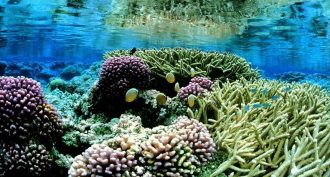 Environment
EnvironmentCorals dine on microplastics
Plastic in the ocean is a growing problem. New research finds that corals may eat tiny bits of plastic, prompting new concerns about the health of living reefs.
-
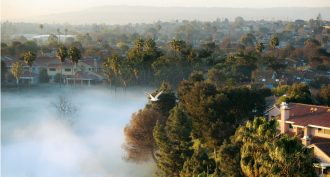 Climate
ClimateBuildings may be chasing L.A.’s fog away
Roads and buildings that have mushroomed up around Los Angeles in the past half-century. Now, a study finds they may have created conditions that limit fog. And that could further dry out this very arid part of America’s West Coast.
-
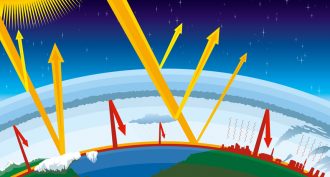 Climate
ClimateScientists confirm ‘greenhouse’ effect of human’s CO2
Government scientists link directly, for the first time, a boost in warming at Earth’s surface to increasing levels of carbon dioxide. Much of that gas has been released by human activities, such as coal burning and gas-burning vehicles.
-
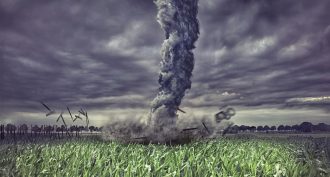 Climate
ClimateDistant pollution may intensify U.S. twisters
A new study of one of the deadliest U.S. outbreaks of tornadoes sees a possible role for smoke. In this analysis, the smoke had come from fires burning in Central America.
-
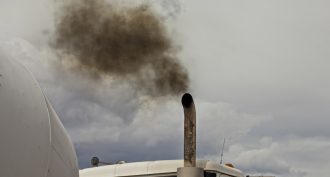 Environment
EnvironmentAir pollution can mess with our DNA
New research suggests a type of air pollution — diesel fumes — can affect your health. It inappropriately switches some genes on, while turning off others.
-
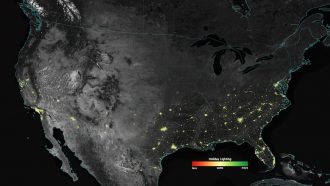 Physics
PhysicsPicture This: Christmas from space
Satellite images show that cities brighten during holidays. Charting such changes can point to factors affecting energy use and contributing to global warming.
-
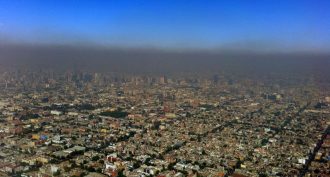 Environment
EnvironmentNano air pollutants strike a blow to the brain
Most people think that air pollution poses the biggest risk to our lungs. In fact, pollution hits the brain too, sometimes by traveling a direct route — through our noses. These tiny pollutants can harm IQ and more.
-
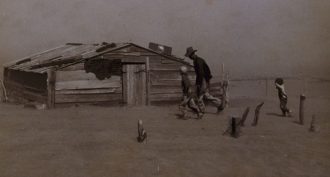 Climate
ClimateThe worst drought in 1,000 years
The 1934 drought, during a period in American history known as the Dust Bowl, was the worst in a millennium, a new study finds. While the drought had natural origins, human activities made it worse.
By Beth Geiger -
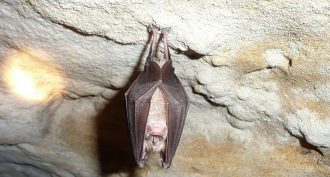 Animals
AnimalsScientists seek bat detectives
Bats emit high-pitched calls in the night to find their way around. A citizen science project is eavesdropping on these calls to probe the health of ecosystems.
-
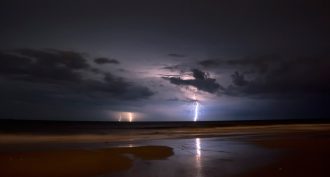 Climate
ClimateLightning strikes will surge with climate change
Warming temperatures will lead to 50 percent more lightning strikes across the 48 U.S. states in the next century, researchers report. That increase could lead to more warming, more fires and even more deaths.
-
 Climate
ClimateWorld leaders call for action on climate change
This week, the presidents of China and the United States pledged to take aggressive action on the release of greenhouse gases to head off dire worldwide climate effects.
-
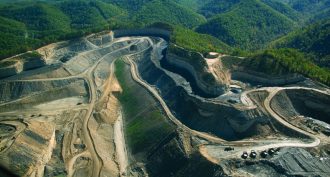 Earth
EarthHow people have been shaping the Earth
We are the dominant force of change on Earth. Some experts propose naming our current time period the ‘Anthropocene’ to reflect our impact.